Valorado con 4.6 en Reviews.io
Valorado con 4.6 en Reviews.io
Inicio / Niñas / Juguetes / Juguetes de los niños / Dalahorse Black


Our quality prints

{Missing key :product/printing-info-1-heading}
{Missing key :product/printing-info-1-content}

{Missing key :product/printing-info-2-heading}
{Missing key :product/printing-info-2-content}
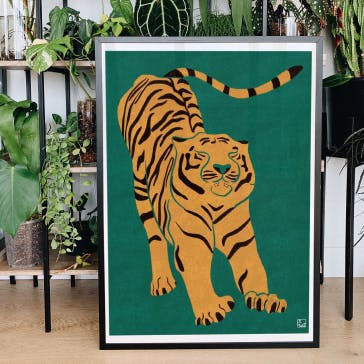
{Missing key :product/printing-info-3-heading}
{Missing key :product/printing-info-3-content}

{Missing key :product/printing-info-4-heading}
{Missing key :product/printing-info-4-content}
Our quality frames
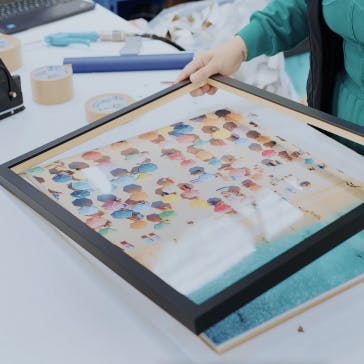
{Missing key :product/framing-info-1-heading}
{Missing key :product/framing-info-1-content}
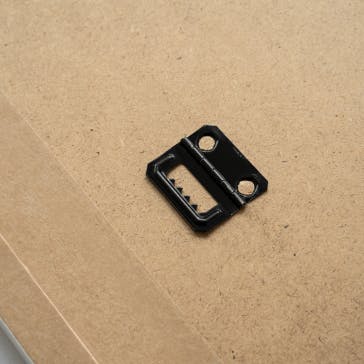
{Missing key :product/framing-info-2-heading}
{Missing key :product/framing-info-2-content}
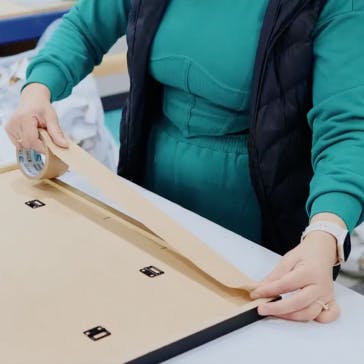
{Missing key :product/framing-info-3-heading}
{Missing key :product/framing-info-3-content}
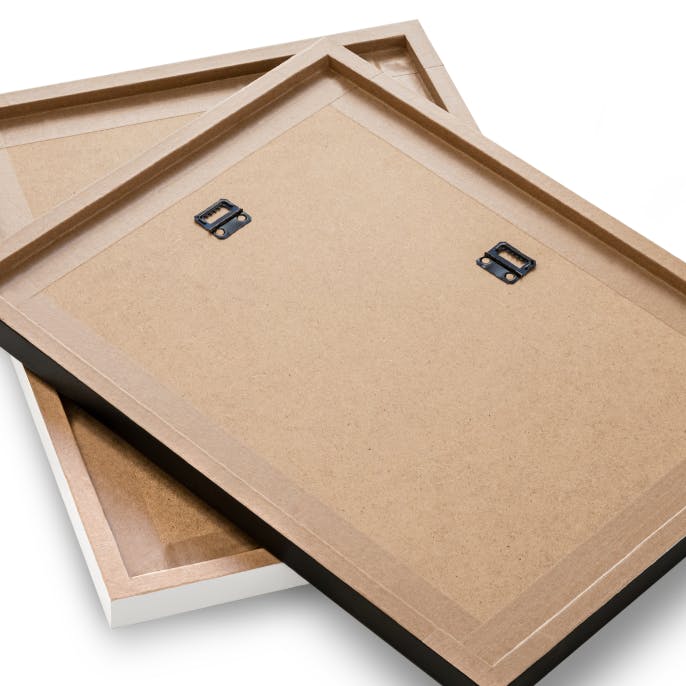
{Missing key :product/framing-info-4-heading}
{Missing key :product/framing-info-4-content}
Envío internacional premium por €11.49
Entrega estimada en 3 a 5 días hábiles.
Póliza de devoluciones en 14 días
Compensamos las emisiones de carbono de entrega y embalaje en cada pedido.
Atención al cliente 5 estrellas en chat en vivo
 Detalles
Detalles
The original DalaHorse (Dalahäst) has been around for many centuries, and probably was created by Swedish woodcutters in the province of Dalarna near Mora. During the long winters, these lonely men would spend their evenings away from their families, and passed their time by carving little toys for their children. While these carved wooden toys, made from the scraps of the men's occupation, were mostly horses, some were also roosters or pigs. However, the most enduring of these little creatures remains the DalaHorse. The bright, happy little animal as we now know the DalaHorse probably originated in the 1700's. The carving of the stocky little tailless horses had become a well-established tradition, but up until this time they had been unpainted and had just the natural grain of the wood for ornamentation. In the winter of 1716, while King Charles XII of Sweden waged war throughout most of Europe, many soldiers were quartered in private homes in the Mora area of Sweden. Because of the severe winter and the war, all suffered from lack of food and warmth. Tradition has it that one such soldier, in his spare time, carved a DalaHorse from some scrap wood in the home where he was staying. Before presenting it to the child of the home as a gift, he painted it a bright red. This was a readily available color in this area, being produced from the copper mine at the nearby community of Falun. He decorated the horse with kurbit painting for the harness and saddle. The use of kurbits as decorative motifs on the horse came from the soldier's deep religious background. It is the kurbit, or gourd, plant which grew up around Jonah as he sat outside the city of Ninevah, and protected him from the sun's devastating rays. In return for this bright toy, the woman of the house gave the soldier a bowl of soup. He made another horse and received another bowl of soup. When word of his success in bartering for food reached the other soldiers, they too began carving and painting horses in exchange for food. Thus the DalaHorse is credited in part with the army's surviving the cruel winter. DalaHorses traditionally were made during the long fall and winter evening hours when the weather prevented any outdoor work from being done. Although they are a natural outgrowth of the clock and furniture making industries common in the Dalarna Province, the DalaHorse has evolved into a symbol of all Swedish handicrafts. The traditional color of DalaHorses is a bright orange-red, but they are also to be found in natural wood, or painted white, blue, or black, all with brightly colored painted kurbit-type trim.
 Envío y Devoluciones
Envío y Devoluciones
El producto será enviado desde: Radish Loves en Marlborough, UK.
Envío internacional premium por €11.49
Entrega estimada en 3 a 5 días hábiles.
Devoluciones en 14 días
Para los artículos elegibles para devoluciones, tienes 14 días desde la entrega para enviar una solicitud de devolución. Más información.
¿Pedido entre el Reino Unido y la UE?
No hay tarifas ocultas ni cargos adicionales una vez que hayas pagado tu pedido. Disfruta de compras transfronterizas sin preocupaciones. Más información

